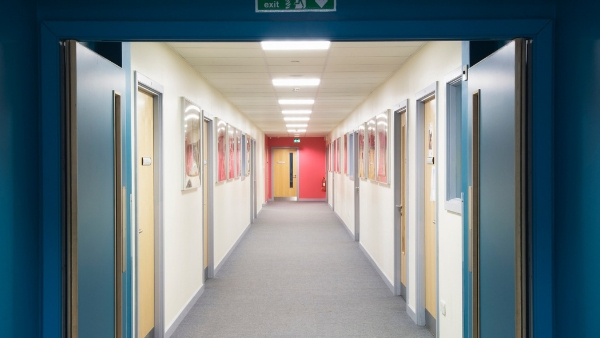What is it?
“Off-rolling” is the term used to describe where pupils are removed from the school roll. Ofsted recently produced a report which has highlighted this practice as a growing issue. It defined off-rolling as:
‘Off-rolling is the practice of removing a pupil from the school roll without a formal, permanent exclusion or by encouraging a parent to remove their child from the school roll, when the removal is primarily in the interests of the school rather than in the best interests of the pupil… There are many reasons why a school might remove a pupil from the school roll, such as when a pupil moves house or a parent decides (without coercion from the school) to home-educate their child. This is not off-rolling. If a school removes a pupil from the roll due to a formal permanent exclusion and follows the proper processes, this is not off-rolling.’
The problem is that in a rising number of cases, the pupils essentially “disappear” from the school where they were enrolled and often for unlawful reasons. Examples of this may be just before GCSE examinations or prior to an Ofsted Report. Ofsted recently revealed that from 2016 to 2017, 19,000 pupils were off-rolled.
Where do the pupils go?
This varies. While some pupils are relocated to different schools, including Special Schools, Independent Schools or even to be home-schooled, the biggest problem is regarding those who are not relocated. Instead, they stop receiving any education altogether. The recent Ofsted Report found that the destination of 9,700 pupils is unclear as they did not reappear in another state-funded school.
Who is affected?
Whilst this can affect anyone, the Ofsted Report revealed that those most affected are Year 10 students going into Year 11, prior to sitting their GCSEs.
Other trends that became apparent in the Ofsted analysis include that pupils who were most likely to be off-rolled included children who attended academies, belonged to an ethnic group or who were eligible for free school meals. The problem was also found to be more prominent in London. Ofsted has noted three-hundred schools had particularly high levels of pupil movement.
Another observation is the estimate that approximately 33% of pupils leaving the school at this point have Special Educational Needs.
Is it legal?
Pupils cannot be excluded from a school for any reason. Statutory guidance provides that exclusions may only take place in relation to serious or persistent breaches of the schools behaviour policy or where allowing the pupil to remain in school would seriously harm the education or welfare of the pupil or others in the school. There is also a process that must be followed for this to be lawfully done.
Off-rolling is therefore very different to excluding a pupil.
As mentioned, around 33% of pupils that are affected by off-rolling are those with Special Educational Needs (SEN). This may be autism or ADHD for example. By a school adopting a practice of off-rolling which affects a higher proportion of pupils with a disability than those without will potentially give rise to a claim of disability discrimination.
The Equality Act does not allow a person to be treated unfavourably because of something arising in consequence of a disability unless this treatment is a proportionate means of achieving a legitimate aim.
Essentially, the “off-rolling” may be arising as a result of the behaviour of the pupils which arises as a consequence of the child’s disability. The aim of doing so could be to achieve a better Ofsted Report or better GCSE reports. This is not a legitimate aim for the school to use as a basis of making their decision. As a result, this is not a lawful act for schools to do.
The bigger picture
Parents are arguing that schools need to be rewarded for working with pupils with SEN rather than disadvantaged for it. Again, funding is likely to have a large influence on this. If a school is unable to accommodate a child properly due to funding issues, they may want to hide this from Ofsted Inspectors.
